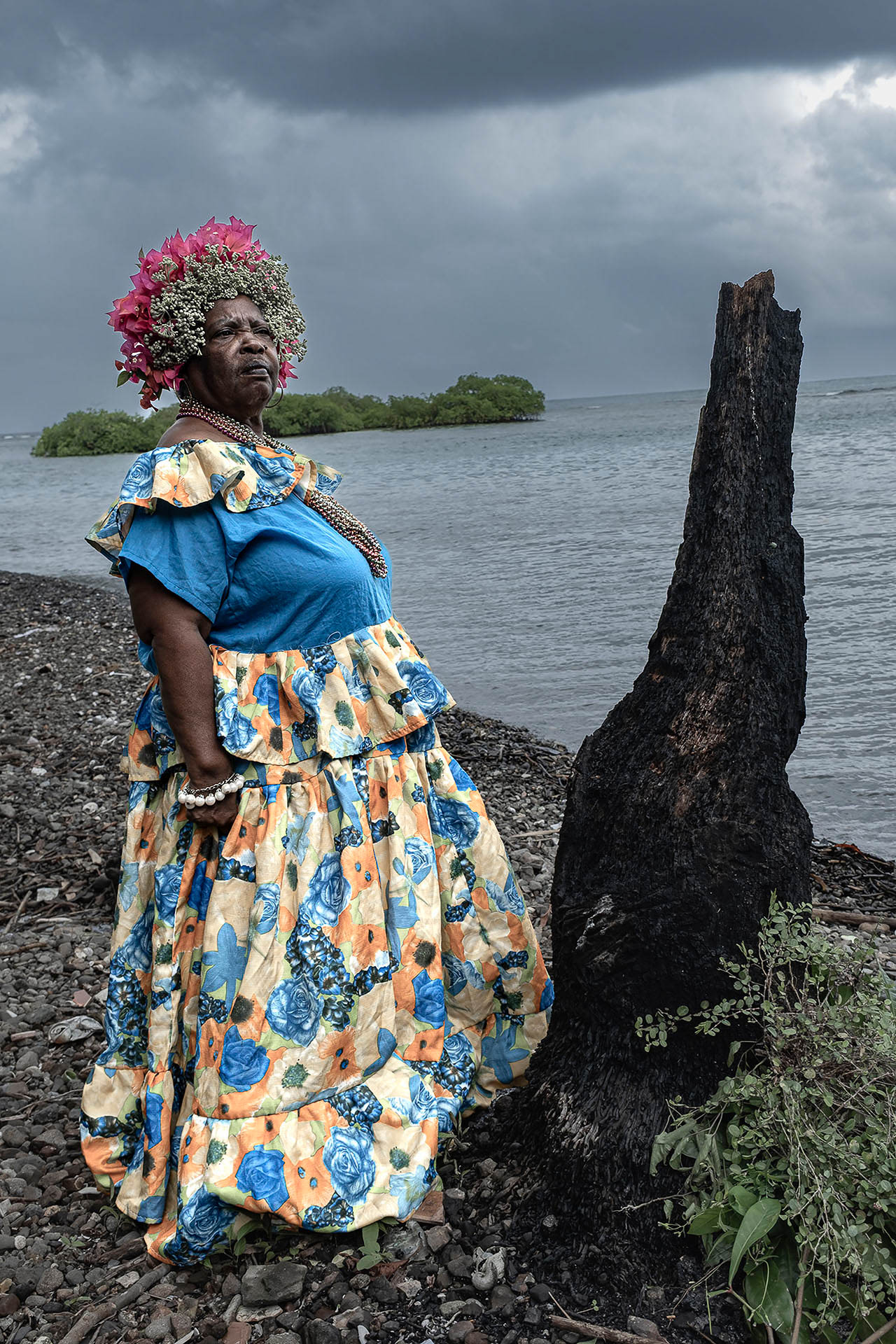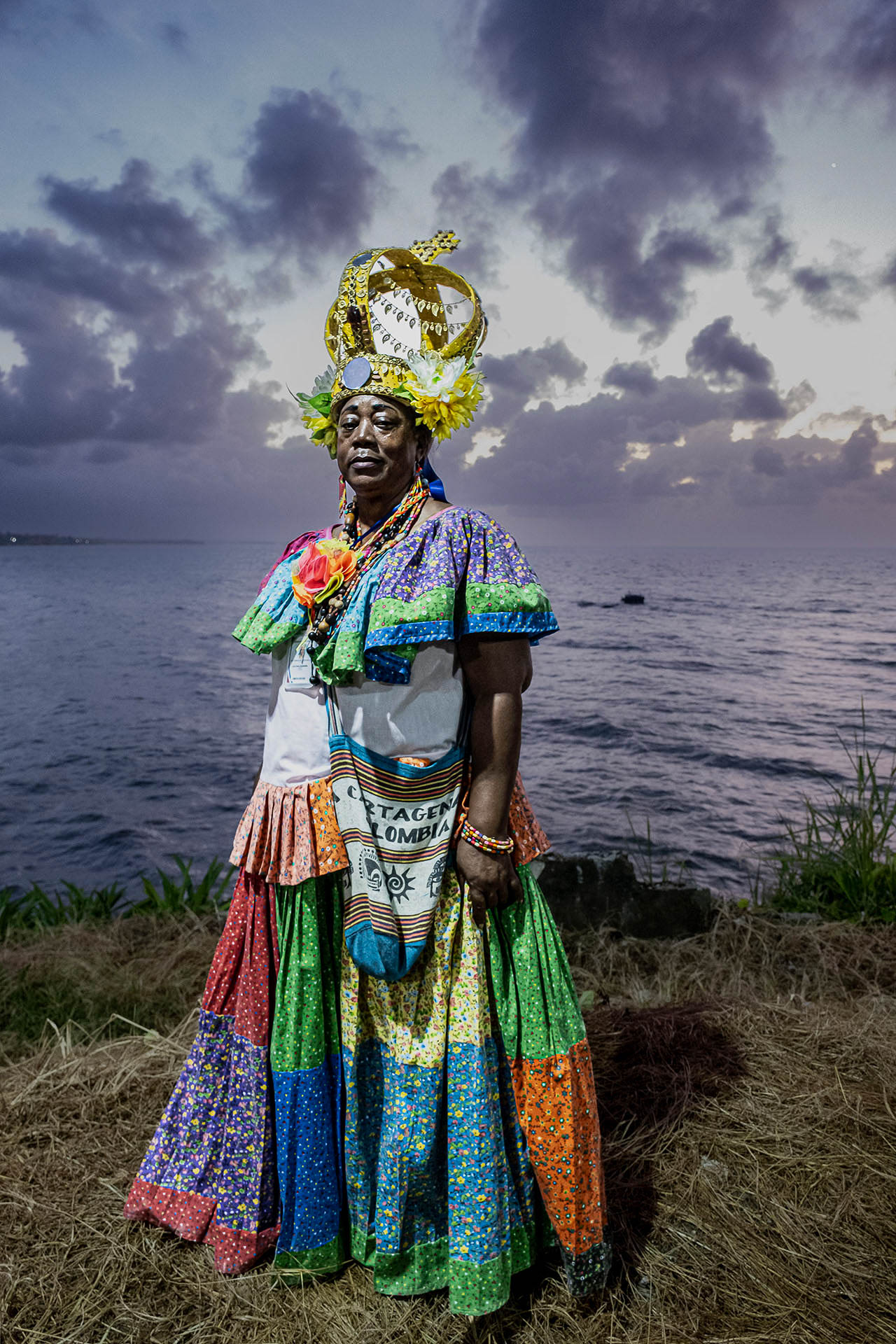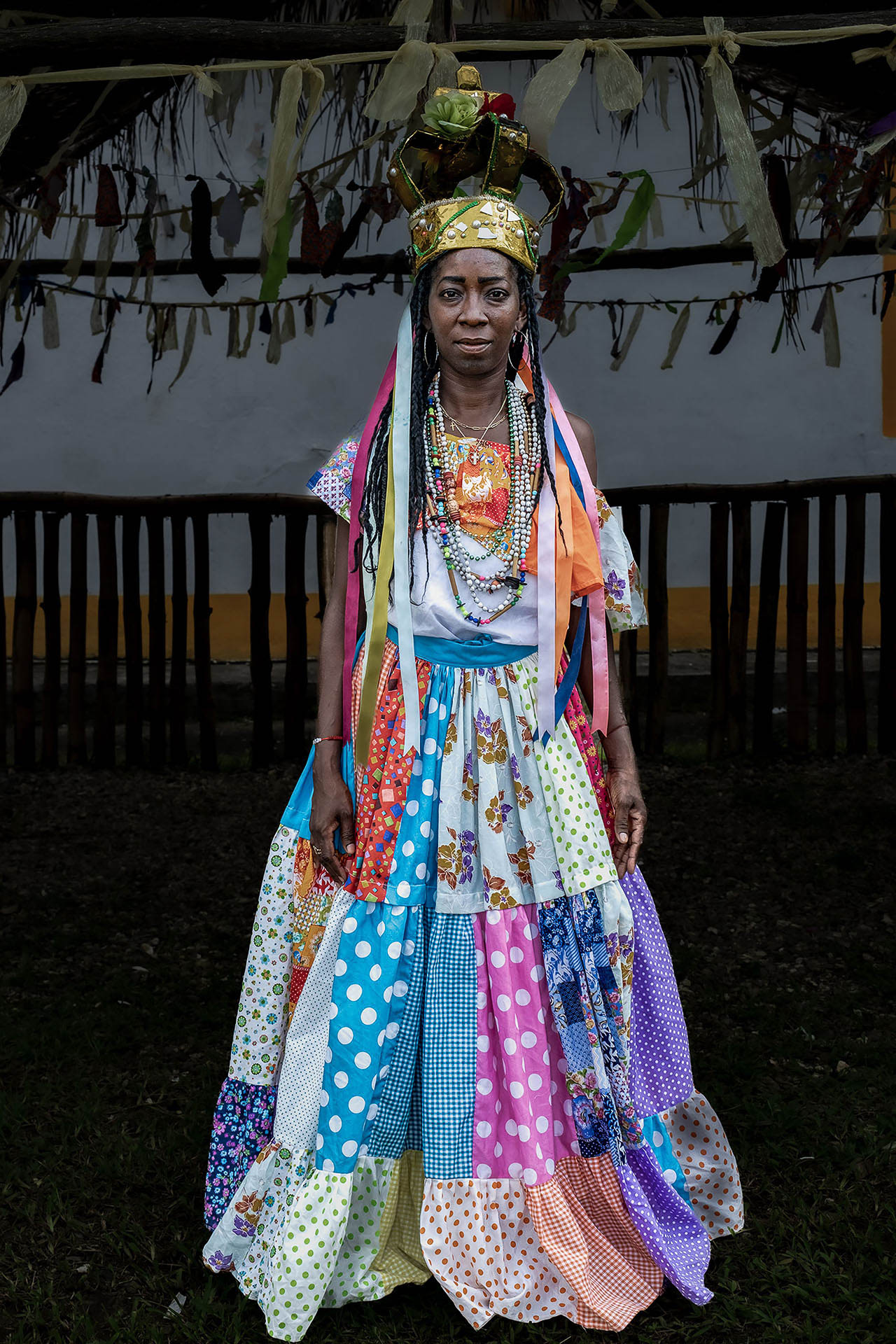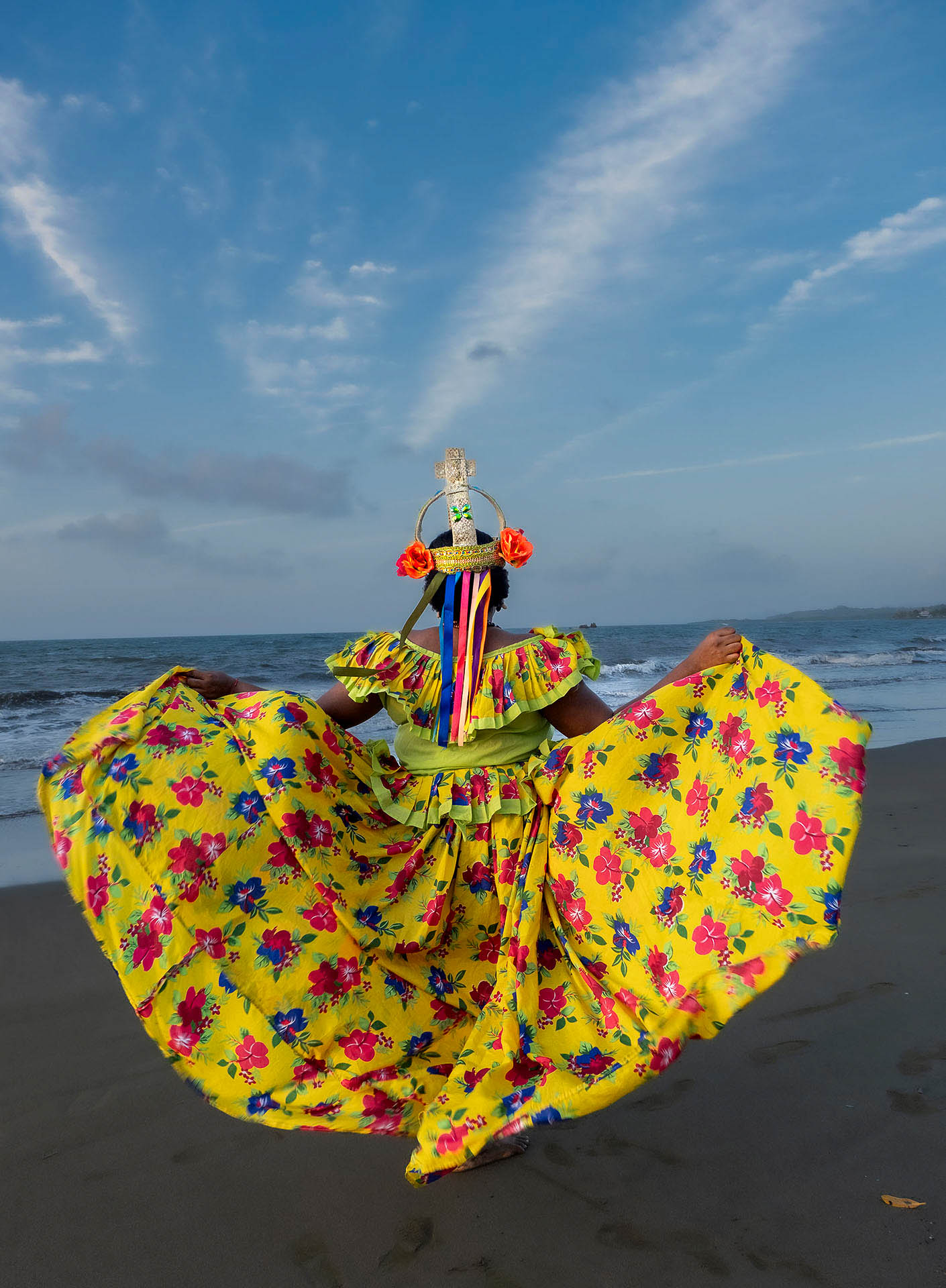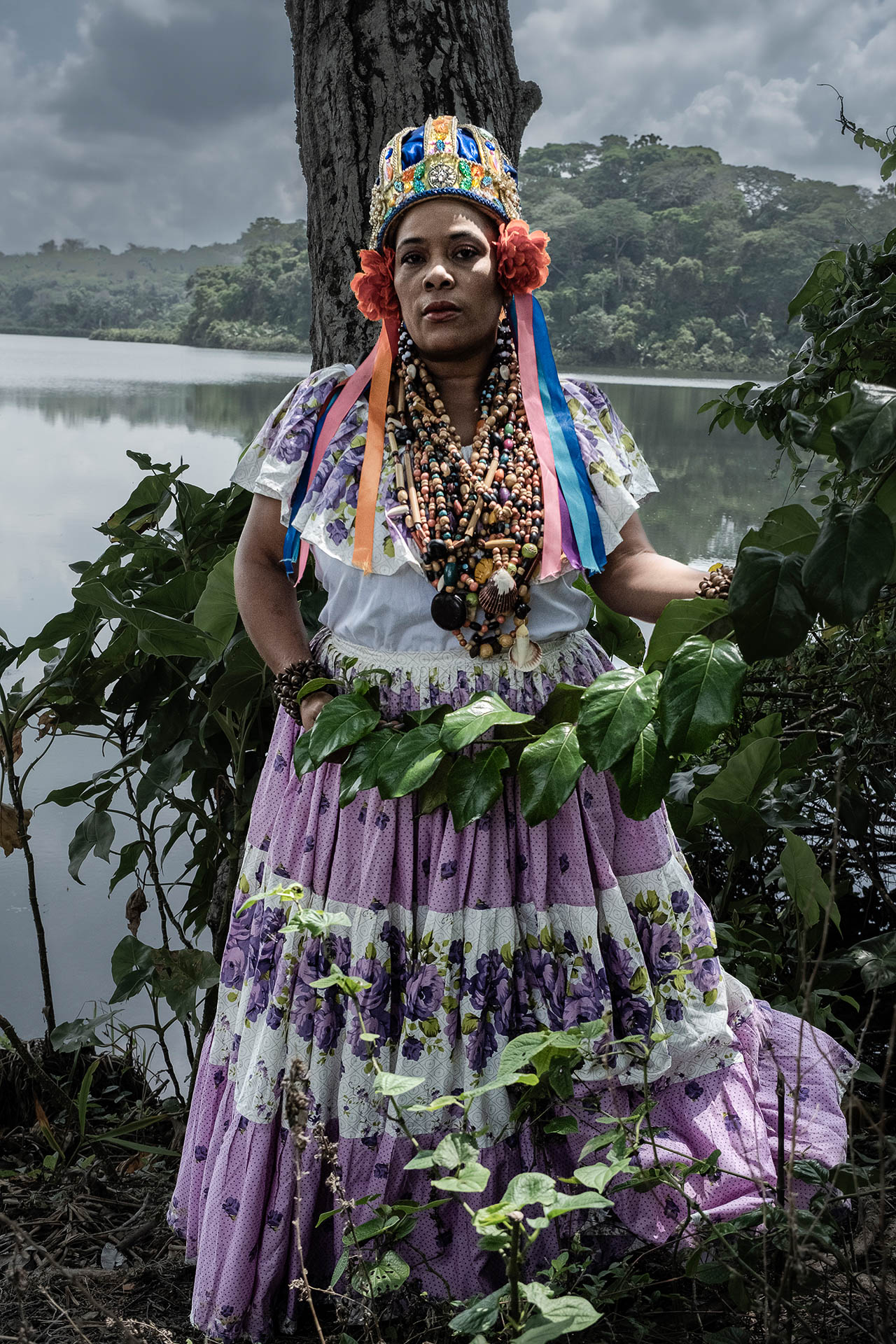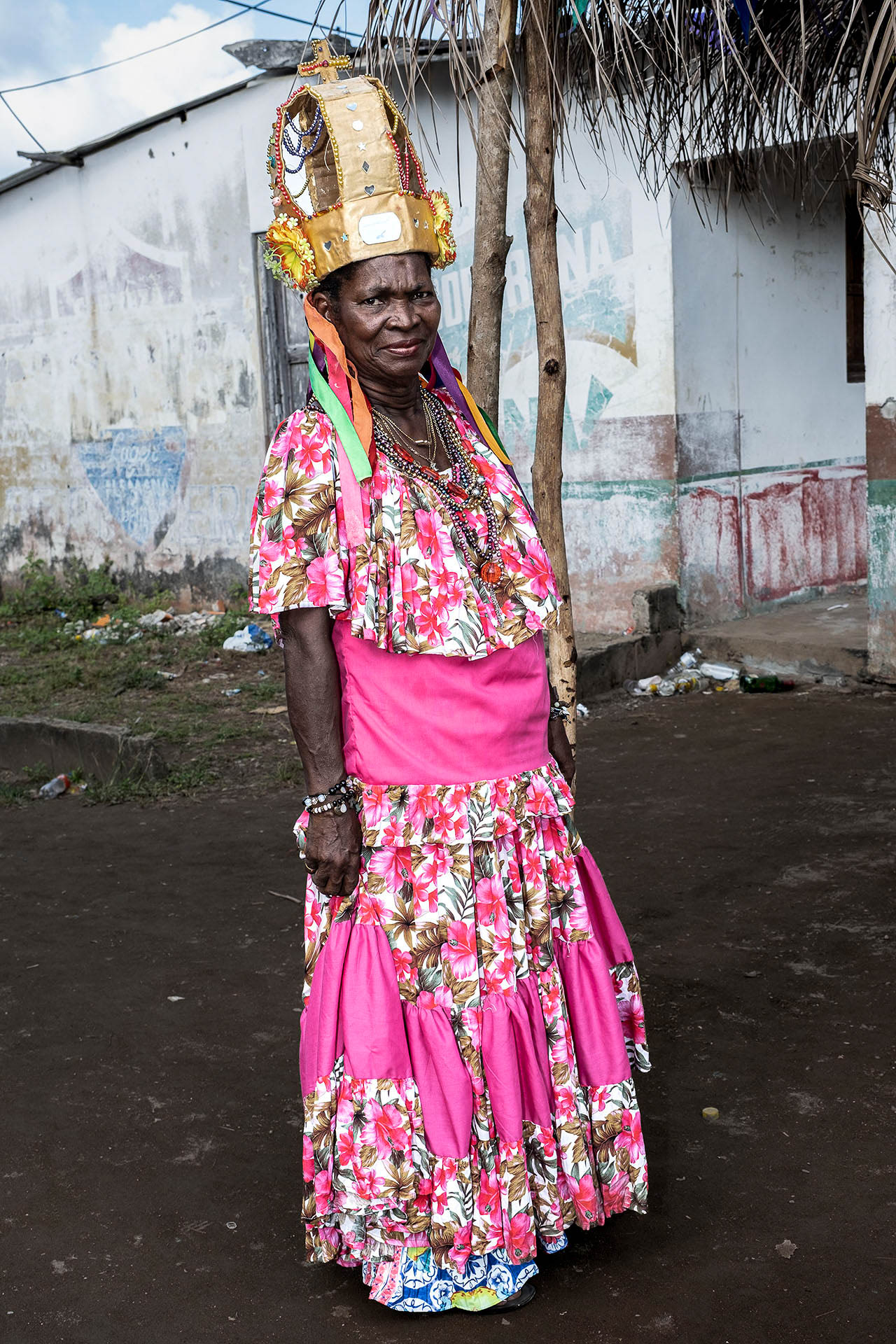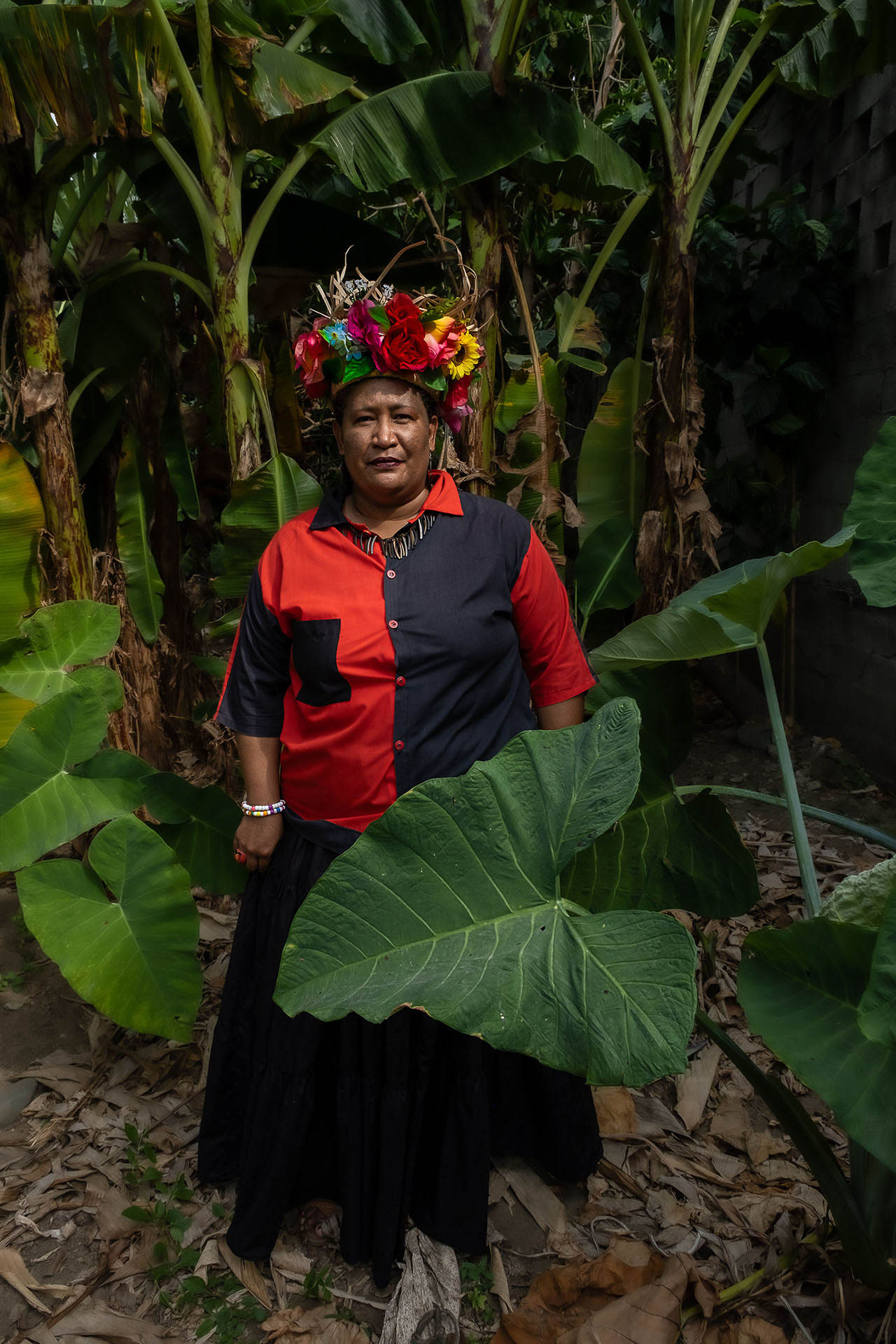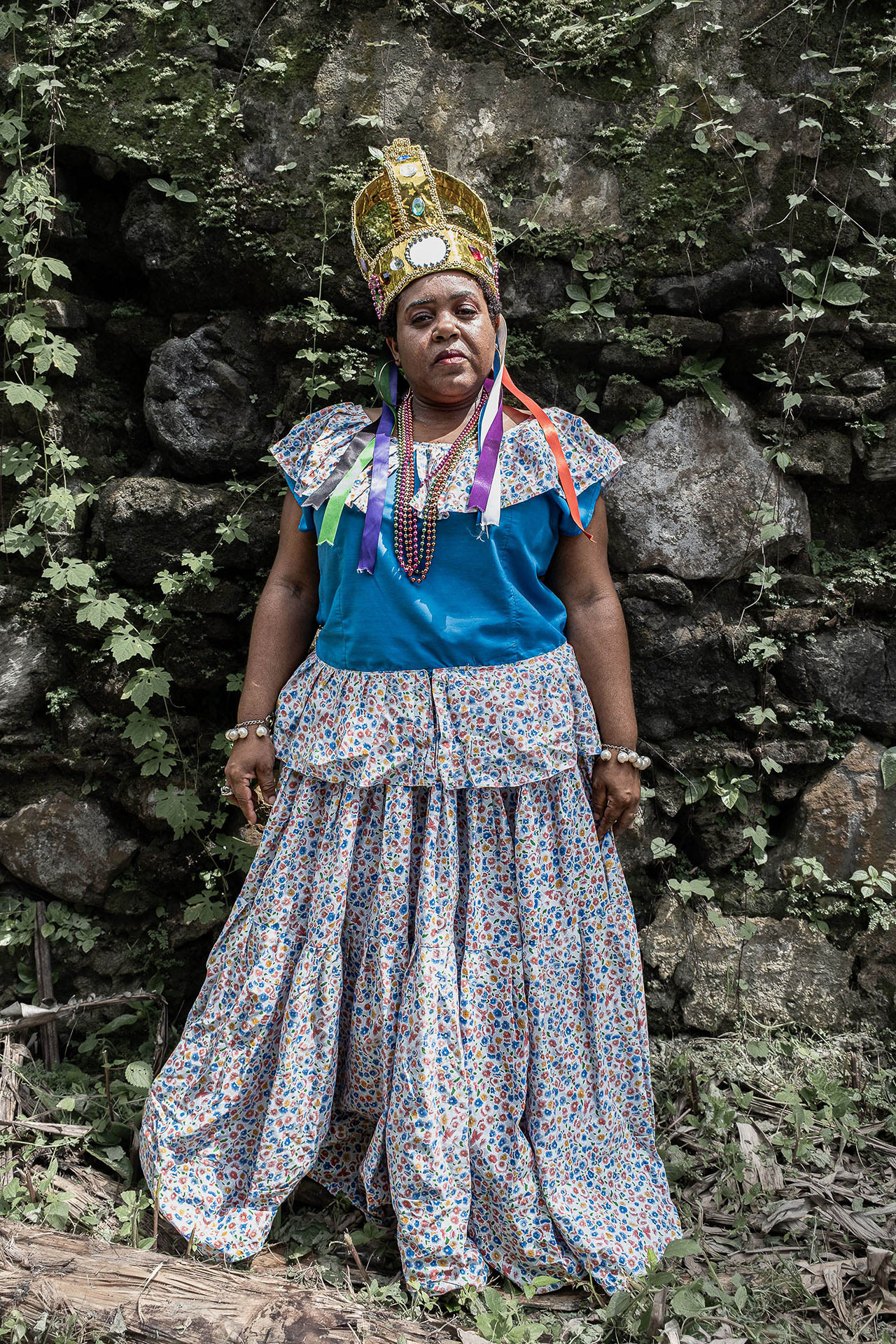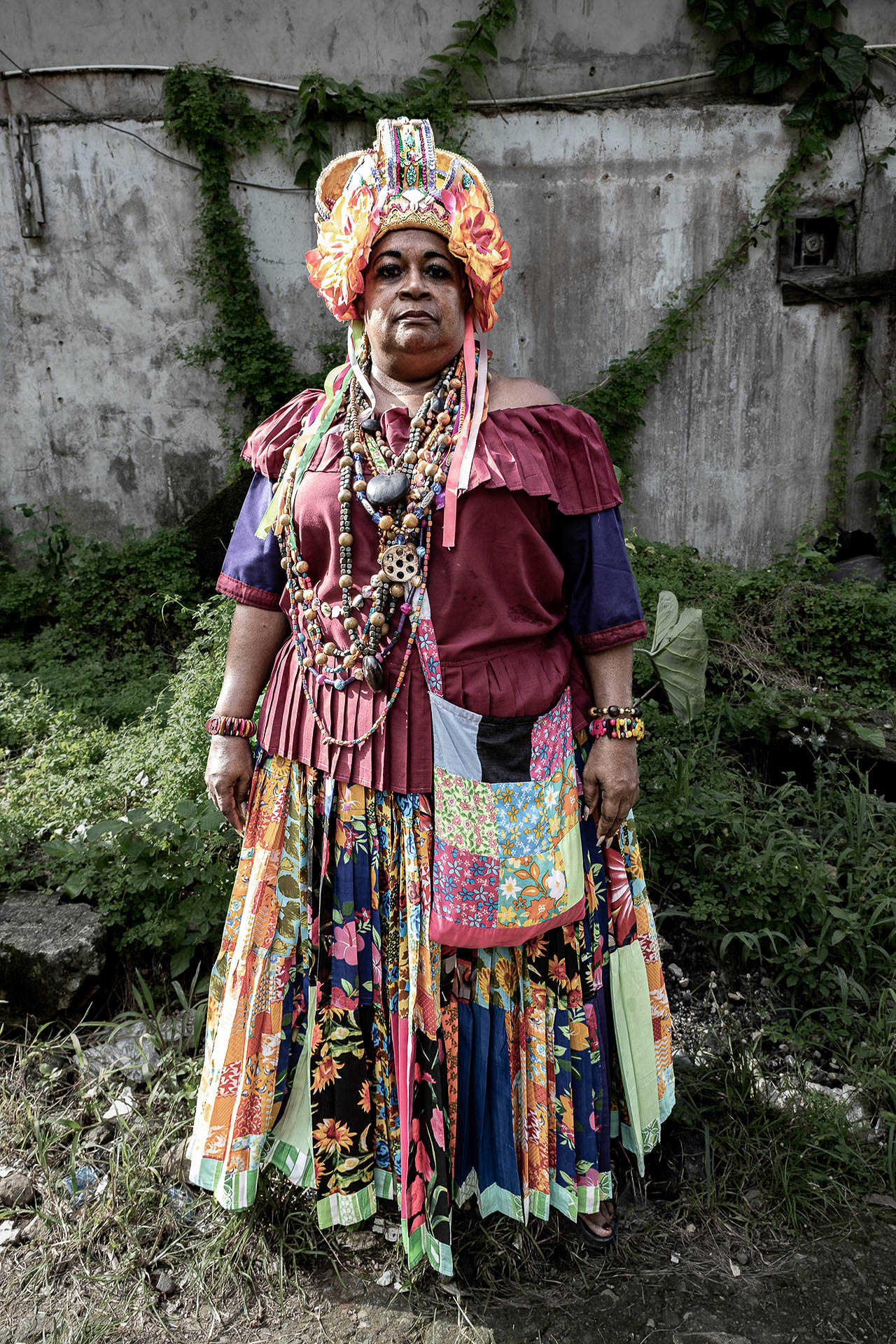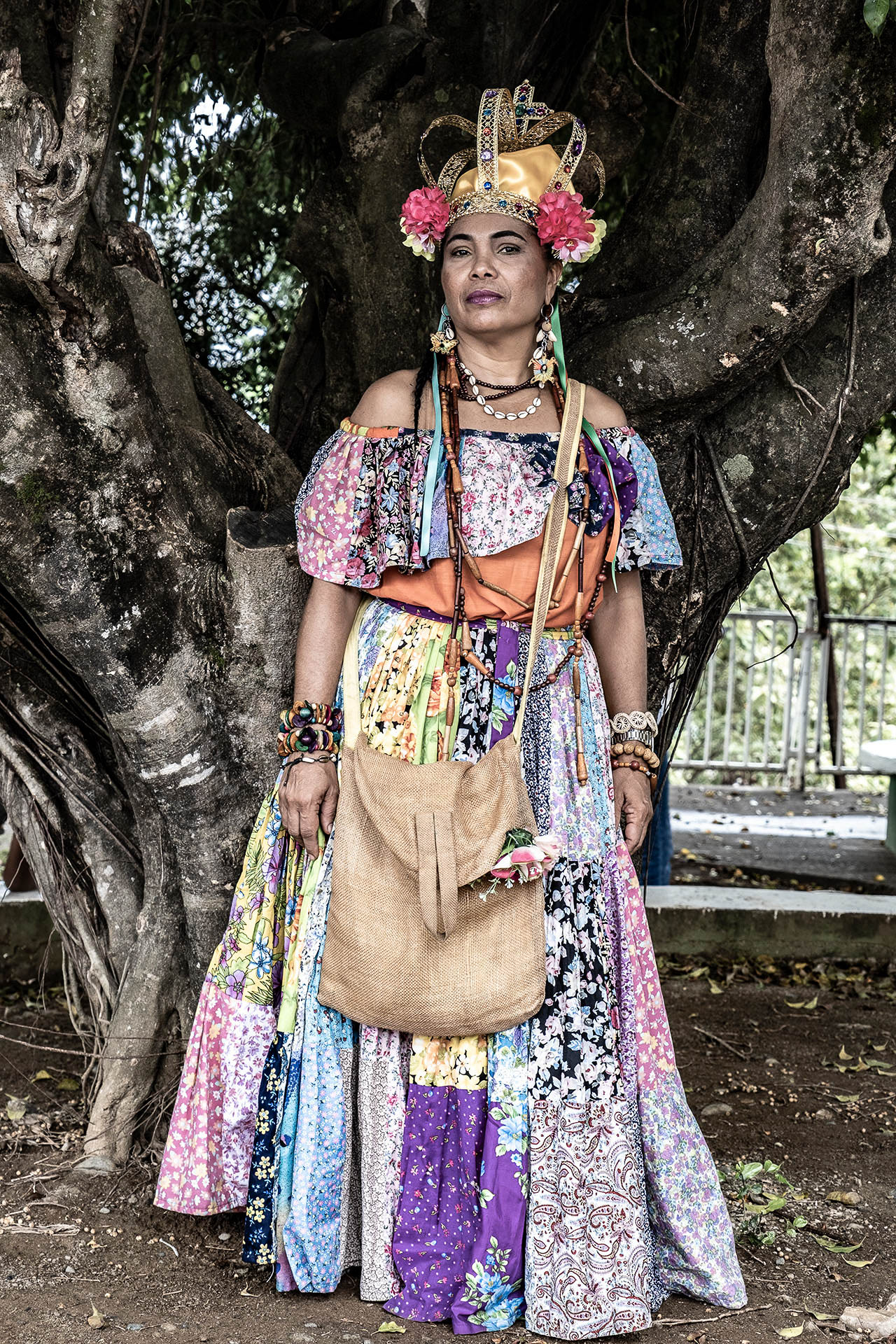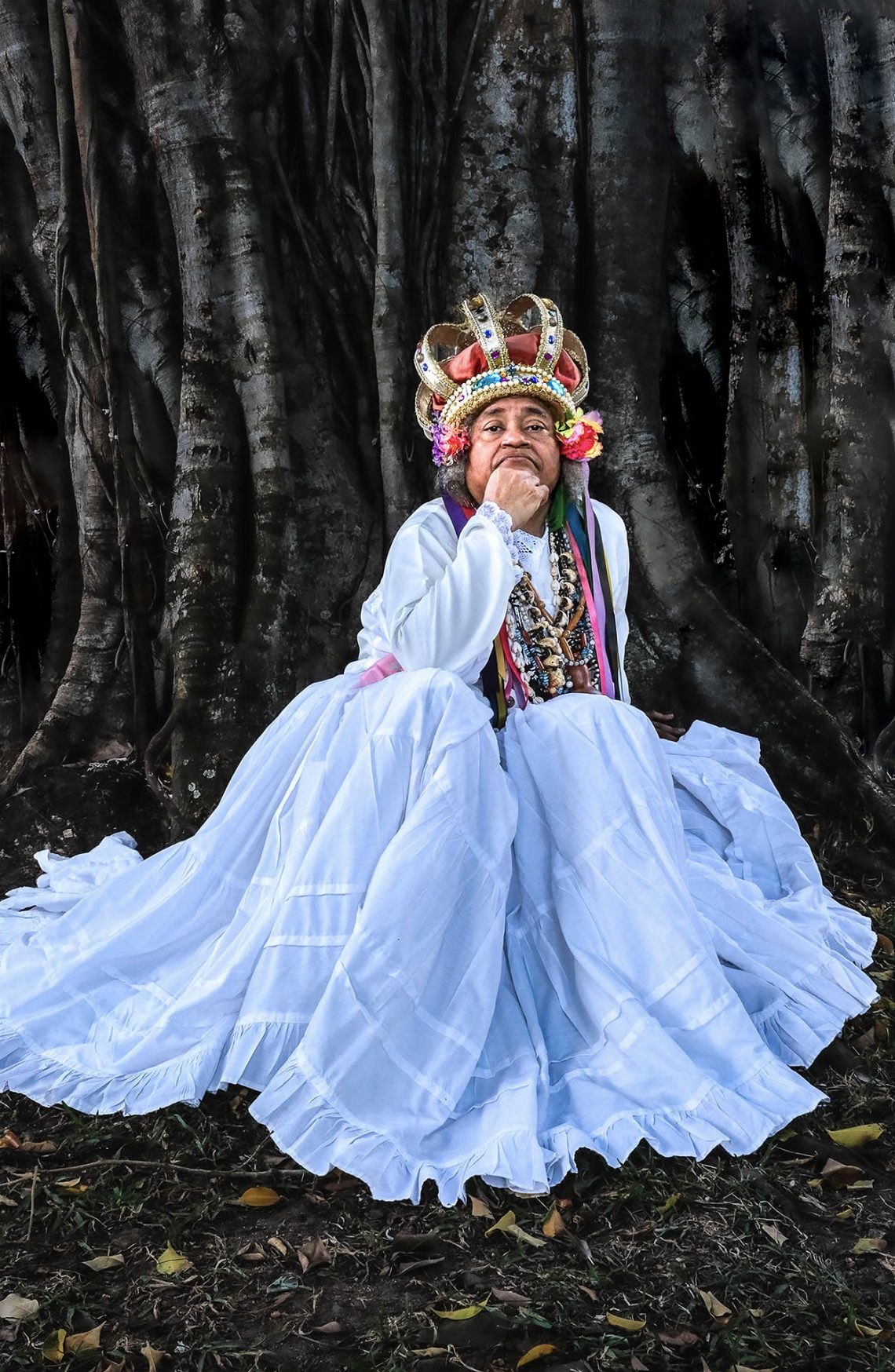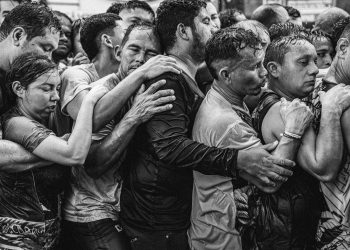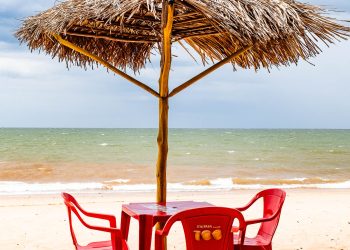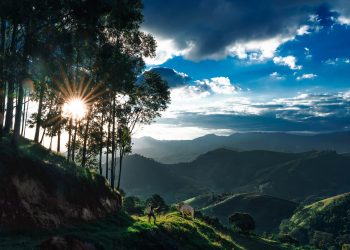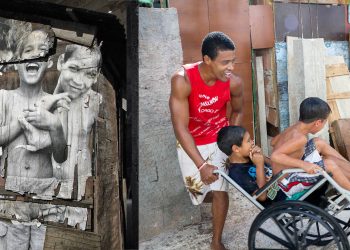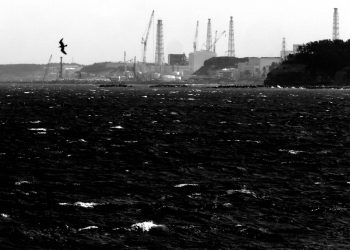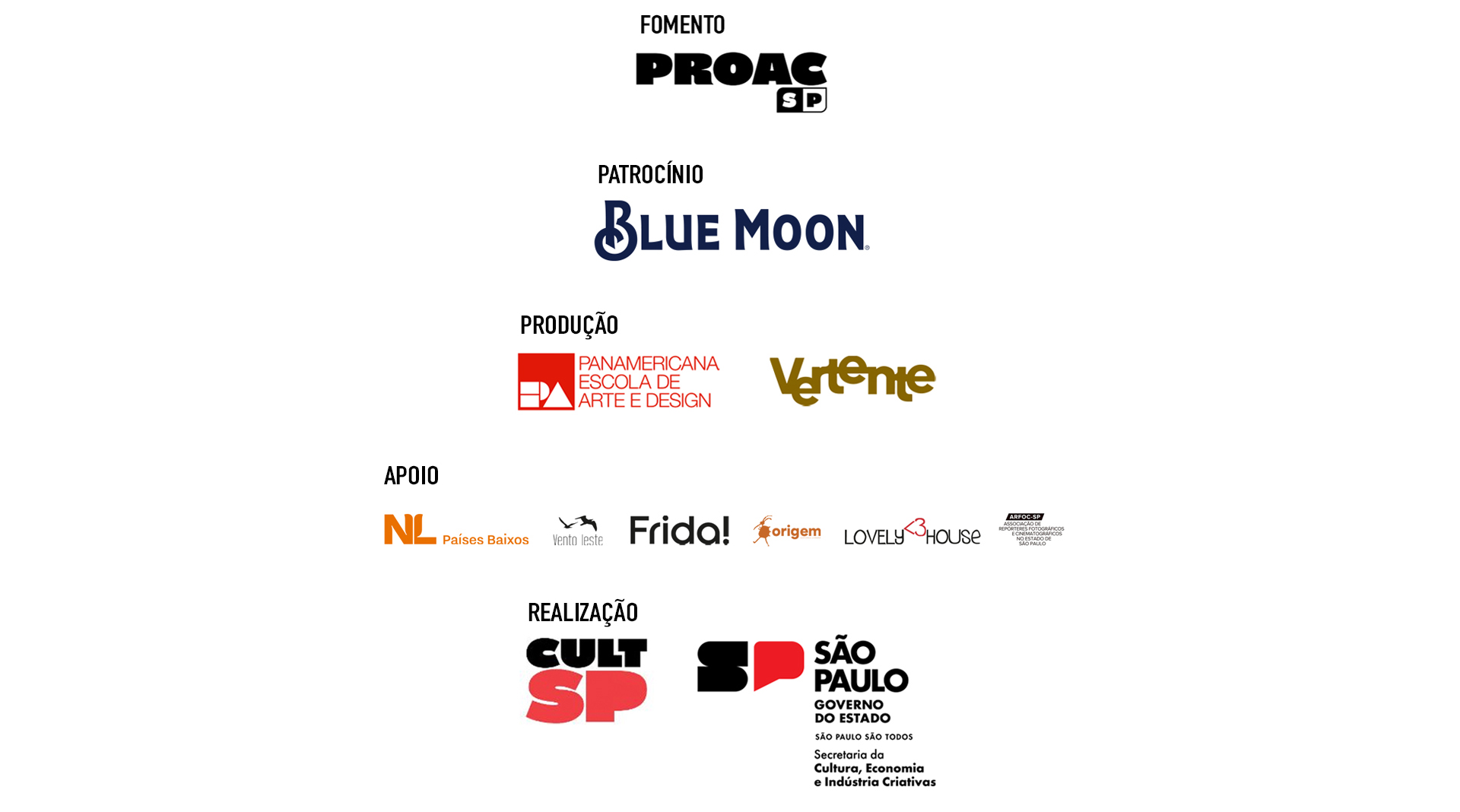Slavery in Panama was an extension of the exploitation initiated by European colonization. The structures of economic inequality and racism that emerged during that time continue to affect Afro-descendant communities today.
Enslaved African people were forced to work under inhumane conditions in the construction of colonial infrastructure. Their lives were marked by violence, the sexualization of women’s bodies, labor exploitation, and the denial of basic rights. Despite the oppression, maroon resistance (cimarronaje) and the creation of palenques (maroon settlements) were powerful acts of rebellion and liberation, where cultural and spiritual practices were preserved as essential forms of resistance.
Maroon women have played a crucial role in the struggle for Black rights. As guardians of identity, their ongoing resistance against racial and gender discrimination has strengthened and continues to heal their communities through dance, song, and drumming.
Tree Woman seeks to reclaim and highlight the wisdom of the Congo Queens from Panama’s palenques as leaders and guardians of life and ancestral culture. It explores the relationship between identity, body, and territory among Afro-Panamanian women in the diaspora and their relation to otherness. Territory is imagined from the margins—the borderlands—where the land and women’s bodies are seen as extensions of sacred territory, connecting with the ancestral and the invisible.
This project invites reflection on the need to re-summon a healing politics of the body: to revalue, make visible, and return the ancestral knowledge of foremothers to the territories. This becomes a way to confront the historical, structural oppressions that women’s bodies have somatized and suffered under patriarchal and colonial systems.
In today’s social context, women’s lives are shaped by intersecting oppressions—patriarchy, racism, and the sexualization of their bodies—which from childhood shape their identity processes in marginal spaces. They also face the inability to be heard, a lack of representation in public spaces, and the absence of spaces for expression from their Afro-descendant identities.
